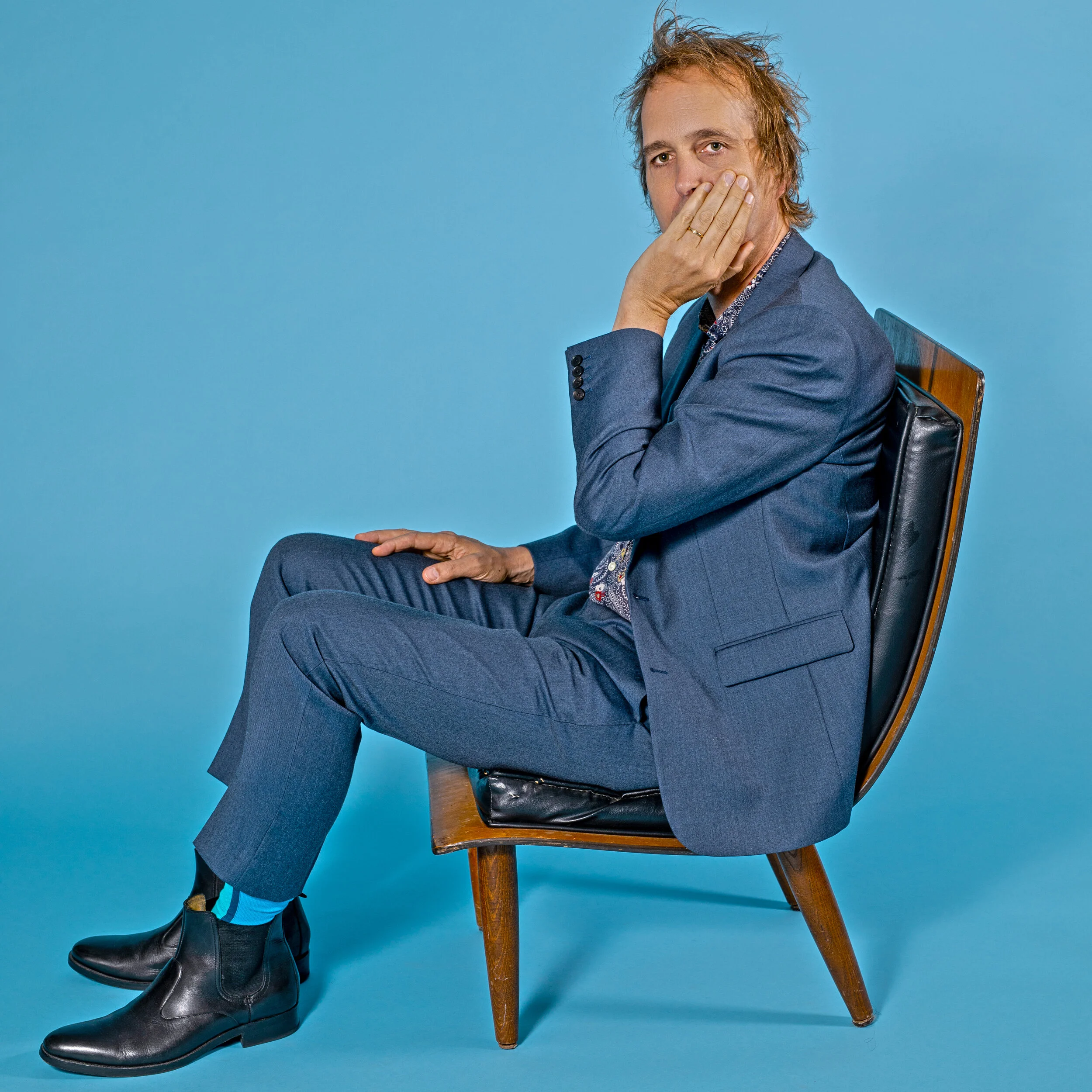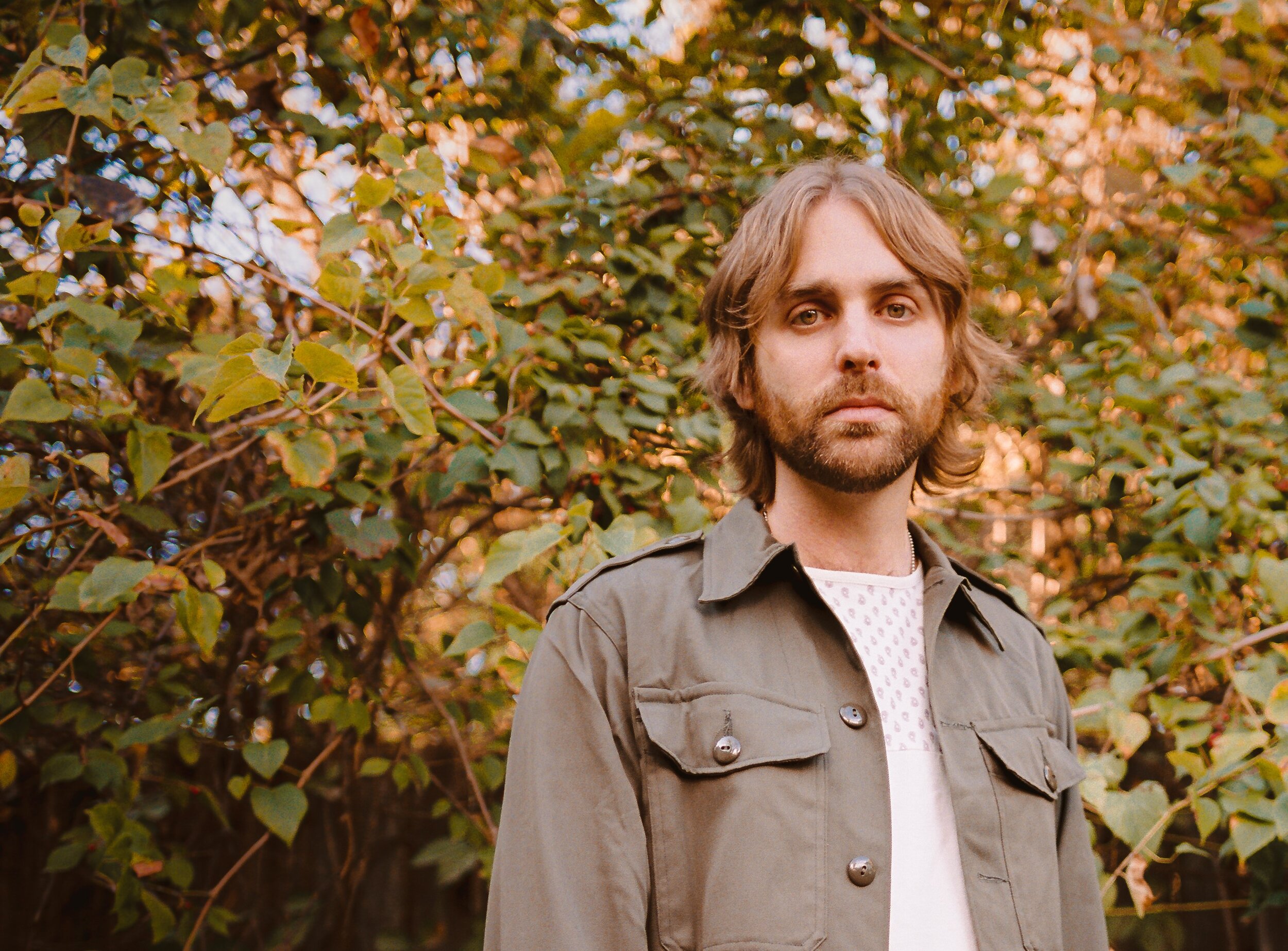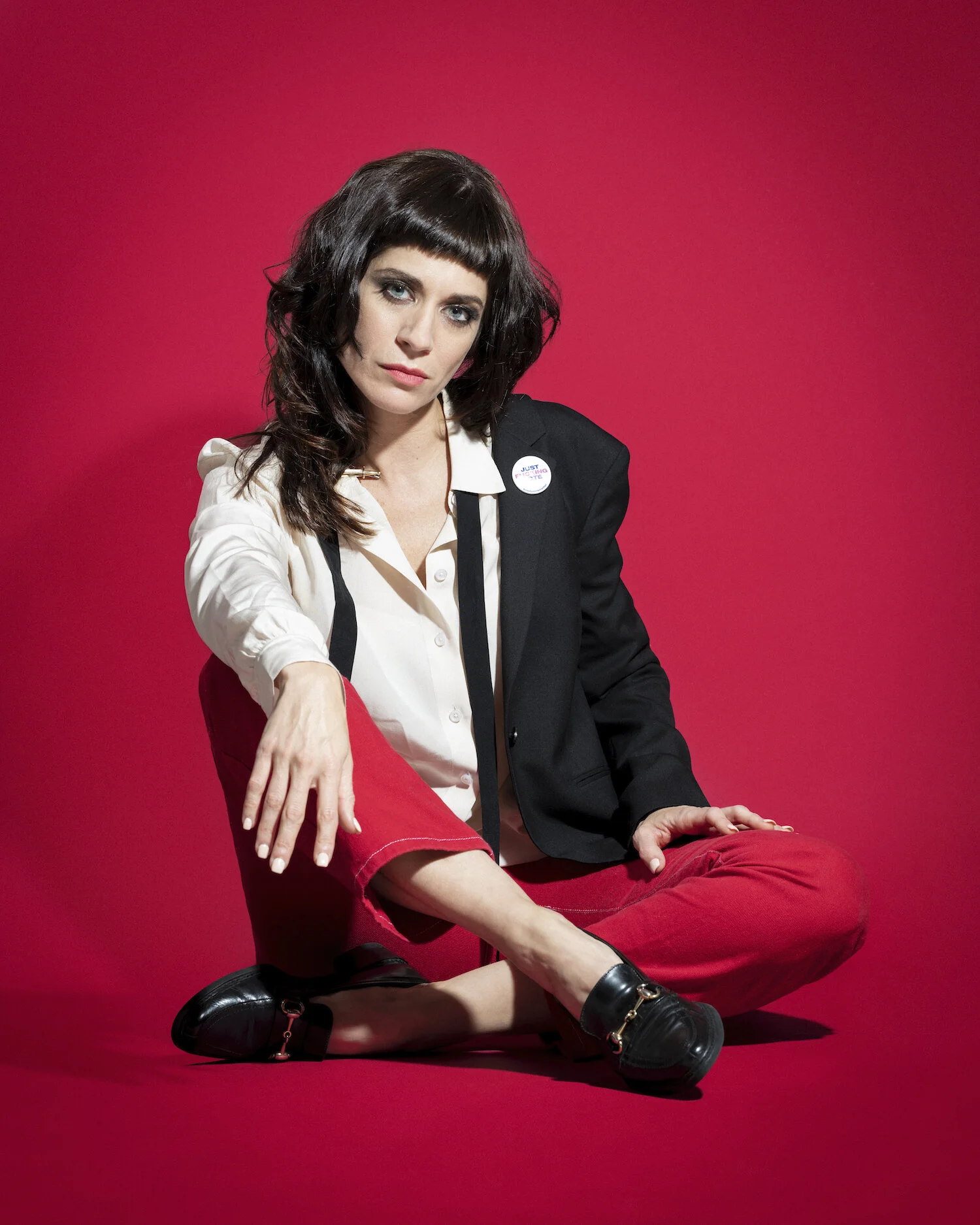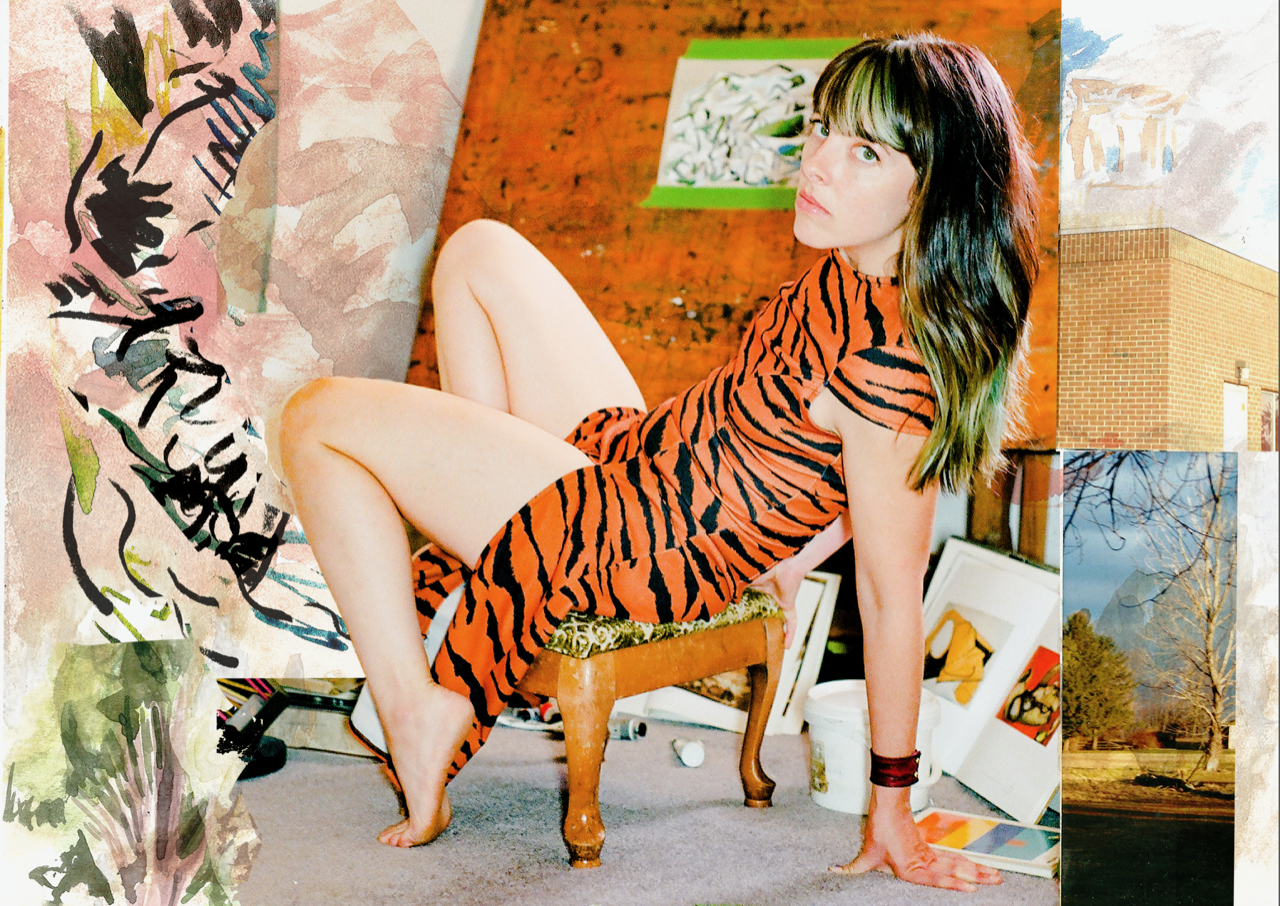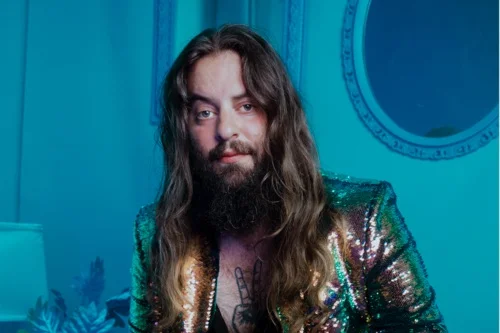Anthony Doerr, the Pultizer Prize winning author of All the Light We Cannot See, once told me that he didn’t believe in writer’s block. Instead, he called it “a failure of courage.” That’s almost the same language that JP Pitts used when I asked him about writer’s block, only he calls it “a fear of failure.” That’s the mantra that Pitts uses as he writes, and it’s one that every writer, songwriter or otherwise, should follow. If you don’t give yourself room to fail, you’ll never get a word on the page. “The worst thing that ever happens is that it never sees the light of day. That really freed me up because no one's going to bat a thousand,” he told me.
Read MoreChuck Prophet waits for no muse. I’ve interviewed songwriters who’ve been around for fifty years and songwriters who have been around for two, and one thing is clear: if longevity matters, you must treat songwriting as work. None of this “waiting for the muse” business. Prophet’s discipline has made him an acclaimed songwriter for over 35 years, and you don’t have that kind of career by writing when you feel like it.
Read MoreSadler Vaden and I talked a lot about taking showers, and I’m pretty sure there’s a spot in our video interview where he says, “I’m the shower guy.” For context: we were discussing how many songwriting ideas come to him while in the shower. This is not unusual; many songwriters have told me the same thing, illustrating how boredom is a great conduit for the creative process. But in Vaden’s case it’s not just the boredom, it’s the water: he grew up on the South Carolina coast and spent a lot time in the ocean. Vaden lives in Nashville now, but when he goes home and swims in the ocean, the ideas flow. “When I go back home and I swim in the ocean, I get tons of ideas and inspiration. All the time,” he told me.
Read MoreGood writers know that the secret to the writing process is that it never stops. Your writing process takes place when you’re sleeping, eating, walking, talking, biking, staring into space, whatever. The actual pen to paper part is only a small part of it; I don’t think I’ve never come up with a lede in front of my computer. Once you know that, you’ll be able to see inspiration in every waking moment.
Read MoreSometimes, the best writing process involves not really having a plan. That may sound counterintuitive, but I think it makes sense. To Hazel English, the writing ritual involves writing every day, but writing without purpose. This stream-of-consciousness style take the pressure off English. And without pressure, it’s much easier to create. By her own account, English often finds it hard to summon the motivation to write, and being flexible with when and where she writes prevents her from making excuses.
Read MoreCritics love to classify Tennis as surf pop or dream pop and run with that idea. Alaina Moore and Pat Riley, after all, write music on their long sailboat journeys. And it’s been convenient for critics to conclude that their music cannot possibly contain topics of substance. How could it, they say, when it was written on a boat? One prominent publication, for instance, said that “Tennis’ privileged worldview periodically bleeds through in offputting ways. (Moore scoffs at ‘all the tourists as they flock to the sea’ on the title track.)” But Moore and Riley were hardly scoffing: the song is actually about the day they scattered the ashes of Riley’s father as they watched those tourists. .
Read More“I love to be able to step outside myself. I'm so mired in my own head that it's great when I am suddenly carried off by something new and surprising. That's when I do my best writing.” Ritual is important to Frances Quinlan of Hop Along, but as it is with many artists, her favorite moments of inspiration are borne out of unpredictability.
Read MoreThe idea of ritual is an important one in the creative process. Some artists need the comfort of ritual to create, whether it’s a certain place, time of day, or even a favorite pen. Others thrive on the opposite: discomfort. It’s chaos that makes them thrive. And it’s this discomfort, this unpredictability, that has made Ariel Rechtshaid one of the most sought after and successful producers in the last decade because it’s what drives his creative instinct. He works the best when what he’s presented with—whether it’s an artist, instrument, or even chord structure—is unfamiliar to him.
Read MoreEvery writer imagines that every other writer at that very moment is composing with grace and efficiency, where words pour effortlessly from the pen or keyboard without hesitation. In this world, drafts are completed in no time.
But this is not the case. It’s hardly ever the case. For most of us, writing is intimidating. For Jana Hunter of Lower Dens, lyric writing is usually his least favorite part of the process. “It feels like toil,” he told me.
Read MoreJim James of My Morning Jacket wants to be a happy songwriter. And a healthy one too.
A fair amount of the songwriters I’ve interviewed extol the virtues of writing while hungover. Others talk about how marijuana helps their creativity. Still others credit sobriety with making them better thinkers. But few, like James, have openly advocated physical exercise as a means to boost creativity. He wants more songwriters to get out of the studio and into fresh air. He’s also sick of the idea that misery is an essential component to writing.
Read More“Woo hoo! I feel so energized!”
This was Tim Showalter’s first reaction when I told him we were wrapping up our interview, which had gone for over an hour. His next reaction? “Let’s do this again sometime!”
I could feel Showalter, the man behind Strand of Oaks, smiling during most of our phone conversation. He loves to talk about the creative process.
Read MoreFor his latest album Phoenix, David Bazan made a lot of phone calls. To himself.
Each day, rather than journaling, he’d use the voice memo on his phone for ten or fifteen minutes to talk to himself. These calls were a “meet and greet with myself.” And through them, he got to know himself better.
Read More

